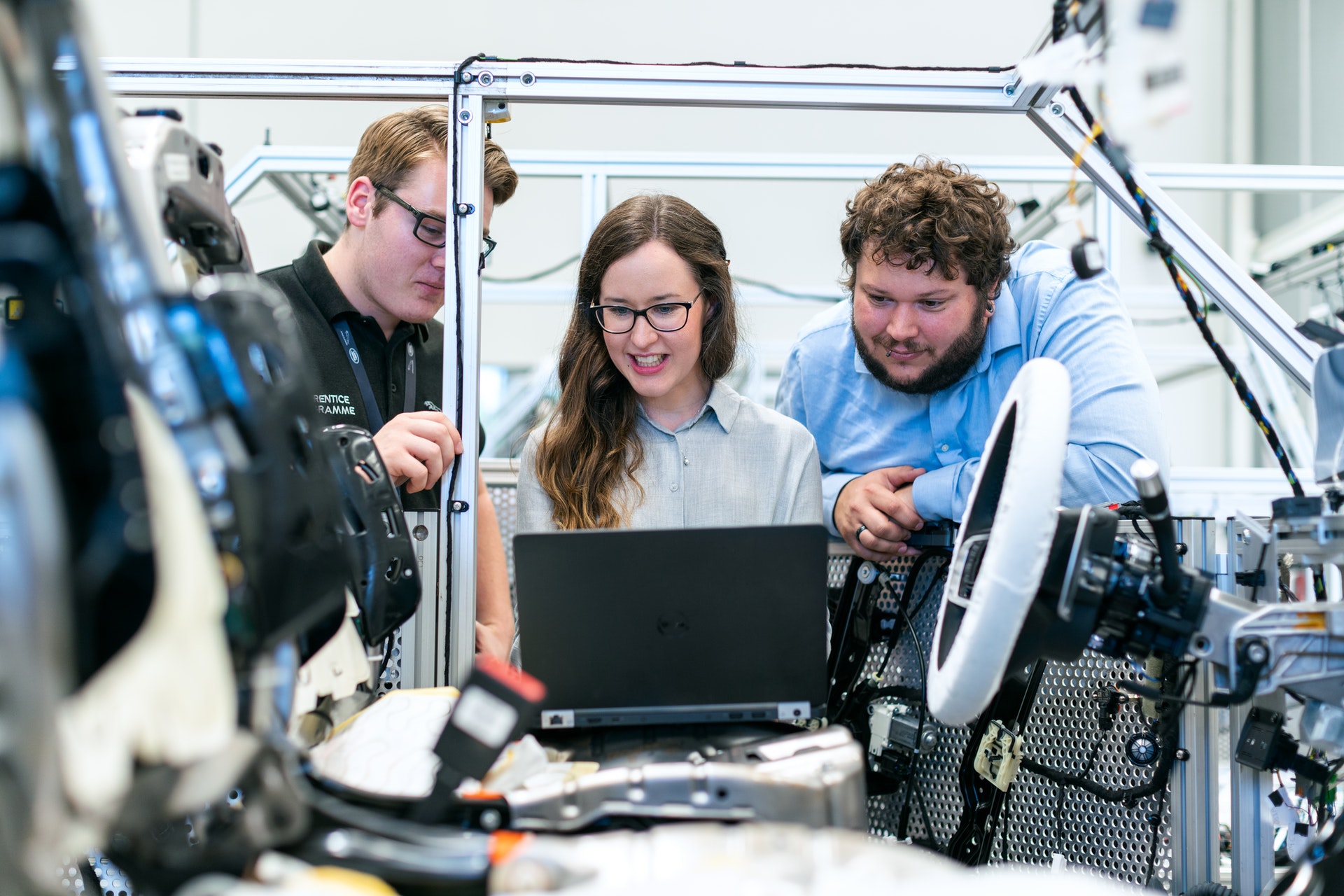A master’s in a German Institution of university opens up a lot of doors for any student. It gives exposure to the candidate. Due to the high number of universities and students present, goals can be achieved with ease. Lower tuition fees and affordable accommodation help students get high returns from their education at a lower cost. Germany has become a hub for education. The expertise of the instructors is high. Research and development units are very strong. The country houses some of the top-ranked universities recognized in the world. People with monetary problems can easily get a part-time job. Easy immigrations and a safe environment for the immigrants (especially compared to other countries popular for excellence in higher education standards.) There is the availability of scholarships for foreign students. And a wide range of courses for students to choose from.
There are great opportunities for anyone wishing to pursue postgraduate studies or masters in Germany ‘the land of ideas’.
Germany’s higher education system is split between:
- public universities, which are administered by the state, and
- private universities, which are set up by independent companies, organizations, or charities.
The MAIN difference relies on their FUNDING METHODS. Private universities usually charge more than public universities. Although, if the subject you are going for is not to be found in public universities, then private universities are especially useful for such courses. Still, a very small percentage of the population and international students attend private universities, as the public ones cover a very wide variety of courses! Masters in Germany provides students with quality education and hands-on experiences during their academics.
There are four types of higher education in Germany
- Research Universities – are higher education institutions providing facilities and academic expertise to award students with degrees like Masters in Germany and Ph.D. in Germany. Most of the Research Universities are publicly administered.
- Technical Universities – are a sub-group of research universities, as their focus is on science, technology, and engineering disciplines.
- Universities of Applied Sciences – are focused on engineering, business, and social sciences. In many cases, they are partnered with professional or commercial organizations. More often than not, these universities do not award PhDs. Except when they are partnered with an organization for the sole purpose of delivering specialized Ph.D. programs. A great number of Universities of Applied Sciences are private institutions.
- Colleges of Art, Film, and Music – are specialized in offering instructions in the creative disciplines. They can be part of both, Research Universities or Universities of Applied Sciences. Some of these Universities operate independently. The candidates are required to possess creative skills and experience.
The most important document to provide for admission to Masters in Germany(Master’s degree) is a suitable Bachelor’s Degree. It does not have to be a German Bachelor’s Degree, but it still needs to be recognized by German universities.








